5, February 2021
ICC rules it has jurisdiction over Palestinian Territories, clears way for probe of Israeli actions 0
The International Criminal Court ruled on Friday that it has jurisdiction over war crimes or atrocities committed in the Palestinian Territories, paving the way for a criminal investigation, despite Israeli objections.
Judges said their decision was based on jurisdictional rules in its founding documents and does not imply any attempt to determine statehood or legal borders.
Israel, which is not a member of the court, has rejected its jurisdiction.
The ICC’s chief prosecutor, Fatou Bensouda, said in 2019 that there was a “reasonable basis” to open a war crimes probe into Israeli military actions in the Gaza Strip as well as Israeli settlement activity in the West Bank. But she asked the court to determine whether she has territorial jurisdiction before proceeding with the case.
She named both the Israeli Defence Forces and armed Palestinian groups such as Hamas as possible perpetrators.
In a majority ruling published Friday night, the judges said yes.
“The Court’s territorial jurisdiction in the Situation in Palestine … extends to the territories occupied by Israel since 1967, namely Gaza and the West Bank, including East Jerusalem,” they said.
The Palestinians, who joined the court in 2015, have long pushed for the case and asked the court to look into Israeli actions during its 2014 war against Palestinian militants in the Gaza Strip, as well as Israel’s construction of settlements in the occupied West Bank and annexed east Jerusalem.
Palestinians welcome decision, Israel slams ‘political tribunal’
Responding to the ruling, the Palestinian foreign ministry said it was ready to cooperate with the ICC’s prosecutor in the event an investigation was launched.
Nabil Shaath, a senior aide to Palestinian leader Mahmoud Abbas, welcomed the decision and said it proved the Palestinians were right to go to the ICC. “This is good news, and the next step is to launch an official investigation into Israel’s crimes against our people,” he said
Hussein al-Sheikh, civil affairs minister of the Palestinian Authority, said on Twitter: “The International Criminal Court’s decision to consider Palestine as a member state according to the Treaty of Rome, and that it has jurisdiction to consider issues related to the Palestinian territories and complaints raised by the (PA), is a victory for rights, justice, freedom and moral values in the world.”
Israel, however, dismissed the ruling as a “political tribunal”.
Israeli Prime Minister Benjamin Netanyahu said the decision “proves once again the court is a political body and not a legal institution.”
He added that Israel would “protect all of our citizens and soldiers” from prosecution.
International human rights groups immediately welcomed the decision, with the New York-based Human Rights Watch calling it “pivotal”.
The ruling “finally offers victims of serious crimes some real hope for justice after a half-century of impunity,” said Balkees Jarrah, senior counsel on international justice at Human Rights Watch
“It’s high time that Israeli and Palestinian perpetrators of the gravest abuses—whether war crimes committed during hostilities or the expansion of unlawful settlements—face justice,” she said.
The US, however, voiced “serious concerns” over the ruling.
“We have serious concerns about the ICC’s attempts to exercise jurisdiction over Israeli personnel. We have always taken the position that the court’s jurisdiction should be reserved for countries that consent to it or are referred by the UN Security Council,” State Department spokesman Ned Price told reporters.
The international community widely considers Israeli settlements in the West Bank to be illegal under international law but has done little to pressure Israel to freeze or reverse their growth.
The ICC is meant to serve as a court of last resort when countries’ own judicial systems are unable or unwilling to investigate and prosecute war crimes.
(FRANCE 24 with AP and REUTERS)

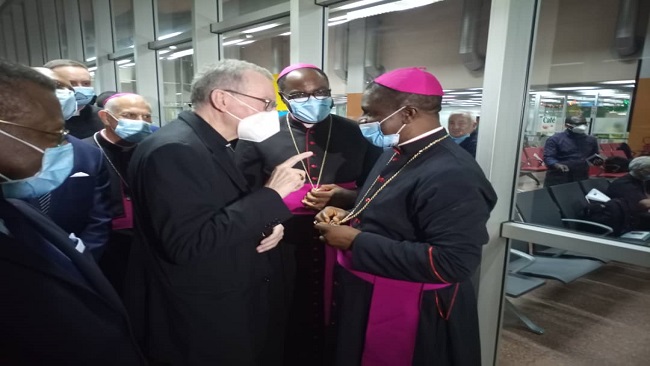

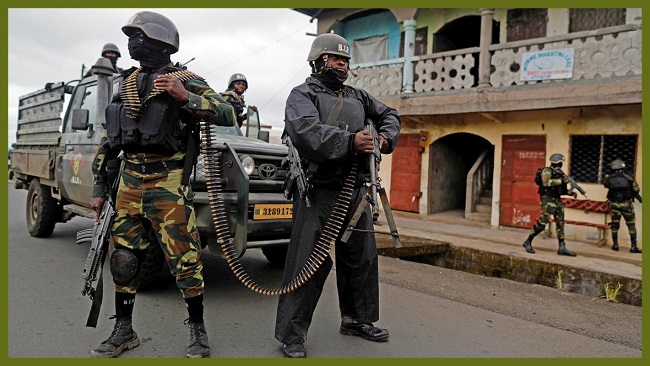
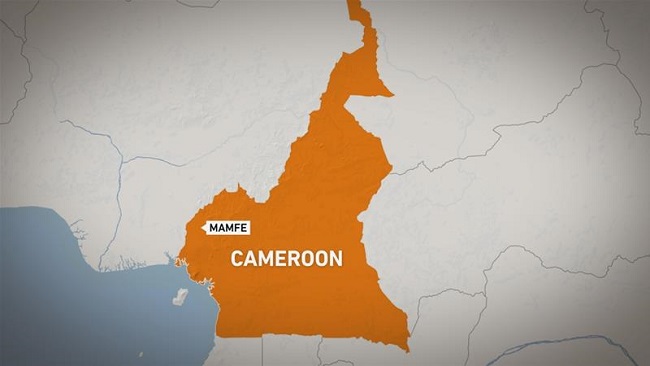
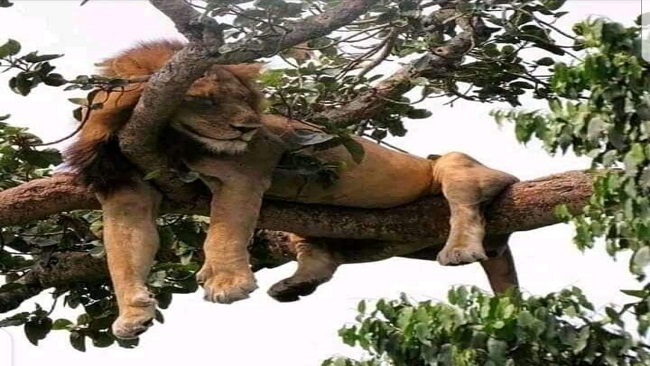



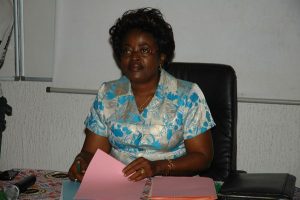






















6, February 2021
Southern Cameroons Crisis: Nurse shot in attack on ambulance in Muyuka 0
On Thursday morning, February 4, armed men shot at a Doctors Without Borders/Médecins Sans Frontières (MSF) ambulance that was responding to a call in Muyuka, in the South-West region of Cameroon. An MSF nurse was injured in the attack and is now receiving medical care. The vehicle was clearly identified as an MSF ambulance. MSF condemns this attack and reiterates that ambulances, health care facilities, health staff, and civilians are not targets.
A second ambulance was later dispatched to respond to the initial call for emergency medical aid in Muyuka. That patient is now in critical condition.
MSF medical teams have been responding to the severe and ongoing effects of the crisis in North-West and South-West Cameroon since 2018. Our teams provide neutral and impartial medical humanitarian assistance through our emergency ambulance referrals, secondary level care, and a decentralized model of community-based health care.
Reaching people displaced by violence
For four years, Cameroon’s North-West and South-West regions have been convulsed by armed violence between government forces and non-state armed groups, which has displaced more than 700,000 people. The humanitarian needs are enormous and displaced communities face difficulties accessing basic services, including health care.
The crisis has severely affected the public health system and many health centers have closed or are unable to function. Both medical workers and facilities are directly targeted by violence, and insecurity is disrupting the supply of drugs and medical equipment.
Traveling from remote villages to health facilities is a major challenge for many people, due to insecurity, bad road conditions, and lack of transport. MSF offers a free, 24-hour ambulance service that operates seven days a week, collects eligible patients at designated pick-up points and takes them to MSF-supported health centers and hospitals. If MSF cannot reach an area, we provide money for public transport so that patients can reach health structures or make their way to pick-up-points.
Source: MSF